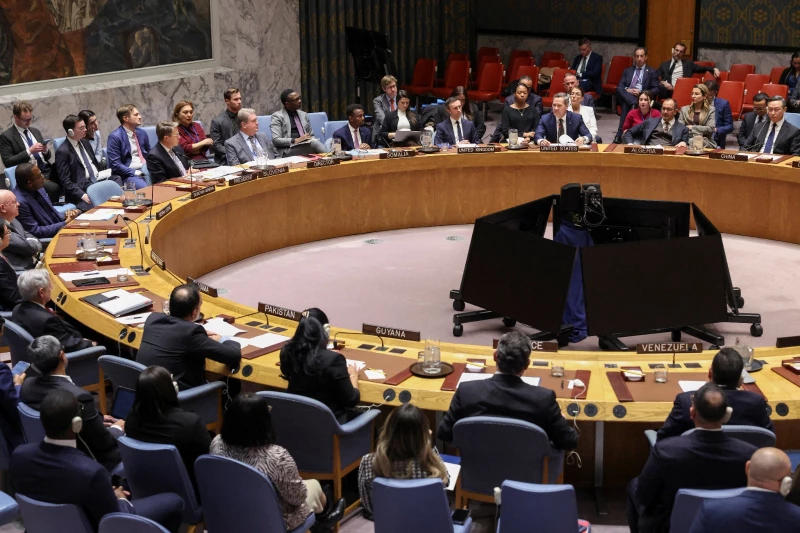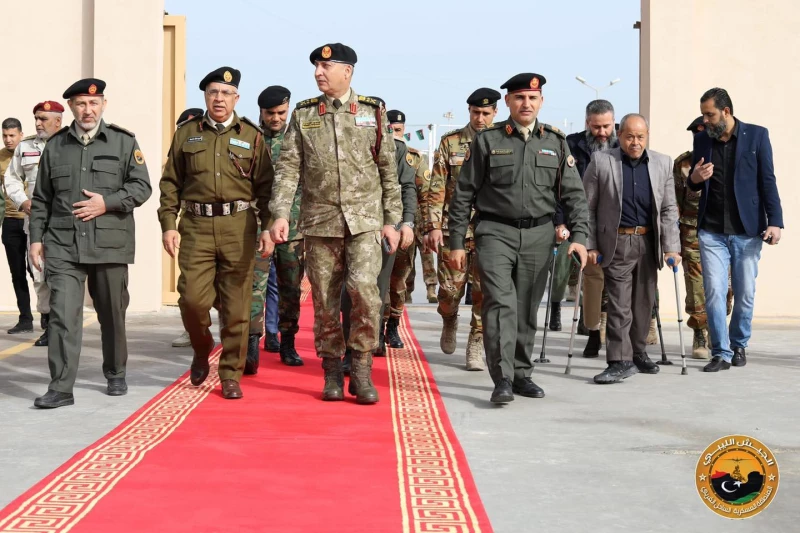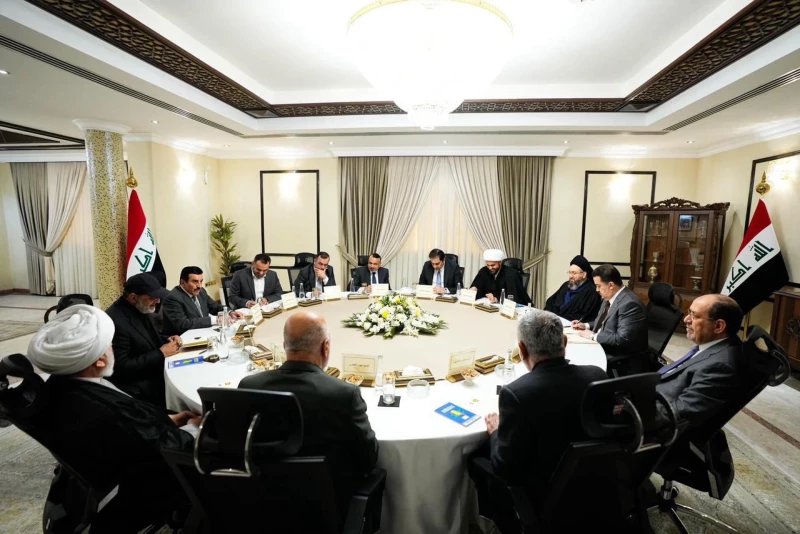In both regional and domestic spheres, the Kurdistan Region of Iraq finds itself navigating a challenging political landscape. With the parliamentary elections slated for June 10, 2024, most Kurdish parties have diligently presented their lists to the High Electoral Commission in anticipation.
However, notable by its absence is the Kurdistan Democratic Party (KDP), the region's predominant political force and ruling party. The KDP's decision to abstain from participation stems from allegations of both external and internal interference, casting a shadow over the electoral process.
The decision of the KDP to abstain from the elections has stirred a palpable sense of unease in the Region, prompting several pressing questions.
Will the electoral process proceed in the absence of the KDP's involvement? Alternatively, could the elections face postponement until circumstances become clearer? Moreover, the uncertain trajectory of Kurdistan's political landscape hinges on whether the elections will proceed as planned or encounter delays.
Numerous voices within the Region and Iraq contend that conducting parliamentary elections in Kurdistan sans the KDP's participation would be exceedingly challenging.
Given the party's pervasive influence across governmental, capital, and other key sectors, its grip extends to the presidency of the Kurdistan Region, affording it considerable authority over the decision to hold or postpone elections.
Following the green light from the regional presidency to proceed with timely elections, the prospect of a subsequent postponement by the same authority is not just plausible, but anticipated.
Leaked reports from the regional presidency suggest that President of the Kurdistan Region Nechirvan Barzani, has initiated discussions aimed at facilitating Kurdistan elections with broad participation and mutual satisfaction among all parties involved. This signals that the regional presidency is not aiming to deter the KDP from engaging in the electoral process.
Conversely, certain analysts argue that conducting elections without the participation of the KDP is feasible, echoing sentiments expressed by Hogir Chato, the coordinator of the Shams Network for Election Monitoring.
"Proceeding with elections in the absence of one party is viable, as witnessed in Iraq when the Sadr Movement boycotted provincial council elections, yet the elections were still conducted,” Chato said, however, it is worth noting that the dynamic between the Sadr Movement and the KDP presents notable distinctions.
There is unanimous acknowledgment that the Kurdistan Region urgently needs to conduct elections, as both legislative and executive authorities have surpassed their legal mandates and necessitate revitalization.
Political tensions are escalating with each passing day. Nevertheless, regardless of whether elections proceed or not, the Kurdistan Region finds itself navigating a tumultuous phase in its fledgling political journey.
In addition to grappling with economic hardships, enduring budget cuts spanning over a decade, and facing restrictions on oil exports, the region contends with mounting "constitutional" pressures from the Federal Supreme Court in Baghdad.
Moreover, it faces external pressures from Turkey and Iran, both of which are naturally averse to the prospect of a robust Kurdish presence in their vicinity. Given these complex dynamics, any elections conducted would inevitably be susceptible to external influences, posing a significant threat to their credibility.
"We have opted not to partake in these elections due to our belief that the outcomes have been preordained and manipulated, thereby eroding their legitimacy from the outset,” Ari Harsin, a member within the KDP asserted. “Furthermore, we have identified discrepancies in the process of scanning voters' fingerprints, in addition to opposing the decision to abolish component quotas and impose a district system on the region. Our stance is resolute: we reject all pre-election meddling, which serves as a testament to external agendas seeking to meddle in the region's affairs."
President of the KDP, Masoud Barzani, has emphasized on multiple occasions that his party advocates for fair and equitable elections. This assertion implies that, according to the party's perspective, the ongoing elections are neither fair nor just.
In contrast, detractors of the KDP argue that the party's decision to abstain from the elections marks a significant departure, driven by the realization that the electoral landscape does not tilt in its favor and offers little opportunity for manipulation.
Moreover, they claim that party suffered the loss of eleven seats before the elections commenced, further influencing its withdrawal. Critics contend that the party has historically benefited from component quotas, securing a majority in parliament through these means.
“It is evident that these upcoming elections will arguably be the first genuinely fair elections held in Kurdistan, and the populace welcomes their occurrence without any possibility of delay,” Political analyst Masoud Abdulkhaliq, recognized for his outspoken critiques of the KDP, asserted.
Conversely, the Patriotic Union of Kurdistan (PUK), another stakeholder in the government, remains steadfast in its insistence on conducting the elections as scheduled.
In remarks provided to The New Region, Stran Abdullah, a prominent figure within the PUK, affirmed that their party "remains committed to conducting the elections as scheduled," adding that "the challenges facing the Kurdistan Region will be addressed through the electoral process."
Addressing the prospect of postponing the elections, Abdullah remarked, "any alteration to the election timeline would cast doubt on the region's leadership," underscoring their party's preference for broad participation in the electoral process and highlighting that the victorious party will be tasked with forming the subsequent cabinet.
Beyond the electoral arena, security concerns loom large over the Kurdistan Region. Despite inter-militia assaults perpetrated by factions with close ties to Iran, and even direct attacks from Tehran targeting the region's interests in the capital, Erbil, reports suggest that Turkey is teetering on the brink of military intervention in the Kurdistan Region.
The pretext for such action purportedly revolves around combating elements of the Kurdistan Workers' Party (PKK). It is plausible that the ruling party's setbacks in Turkey's municipal elections have hastened this intervention, contingent upon favorable economic conditions.
The challenges confronting the Kurdistan Region as a constitutional entity within Iraq have spurred a coalition of American lawmakers to urge President Joe Biden to safeguard the region amidst these trying circumstances.
They seek to reaffirm their dedication to a democratic, pluralistic Iraq where all constituent parts abide by the federal constitution ratified in the 2005 referendum following the downfall of Saddam Hussein's regime. Additionally, they aim to mitigate Iranian interference in the nation. The question remains if the region can manage to navigate through this arduous phase, or will the crisis persist.

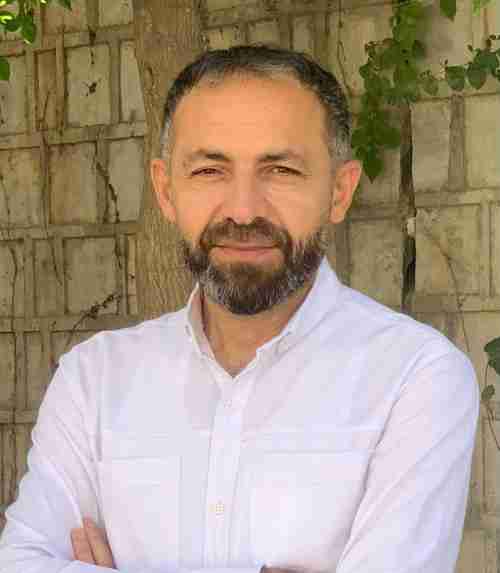
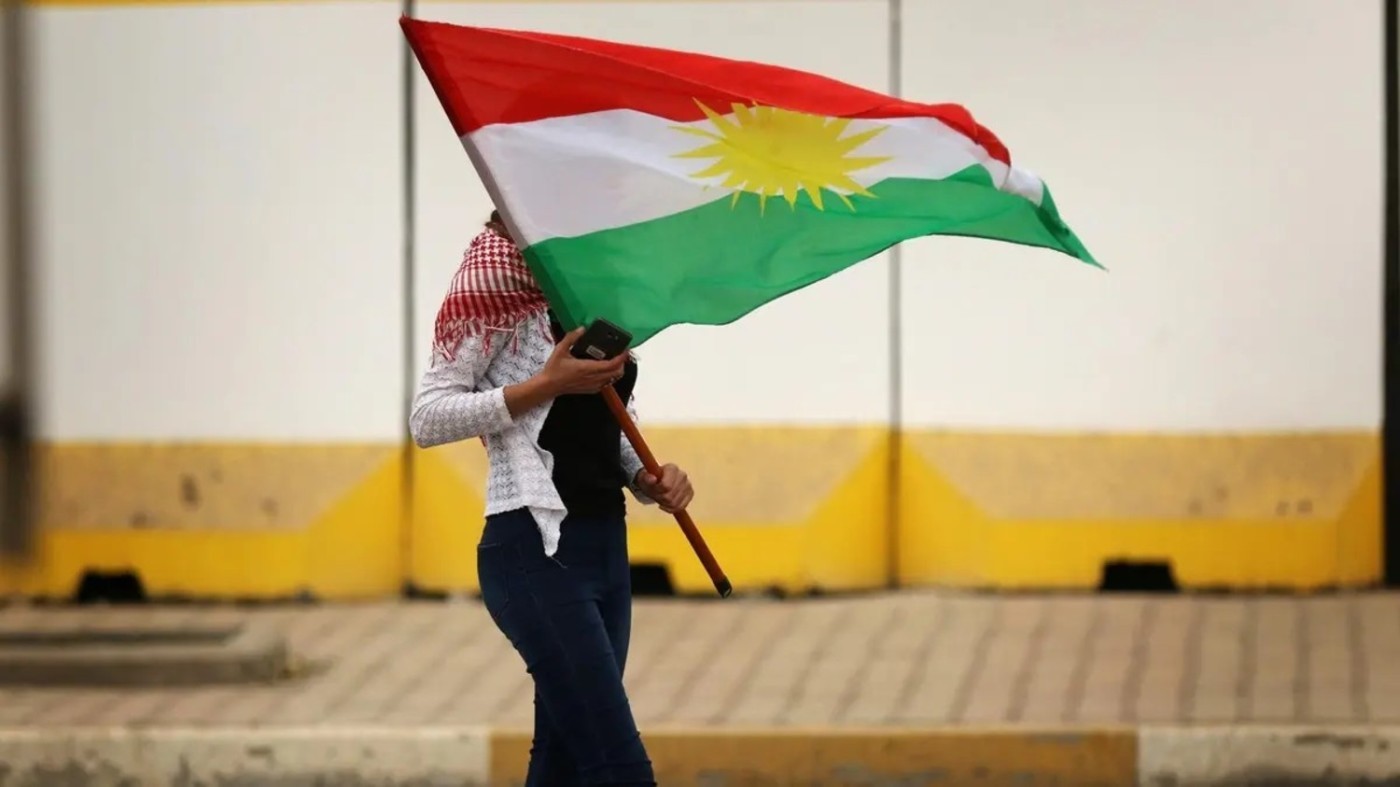
 Facebook
Facebook
 LinkedIn
LinkedIn
 Telegram
Telegram
 X
X
